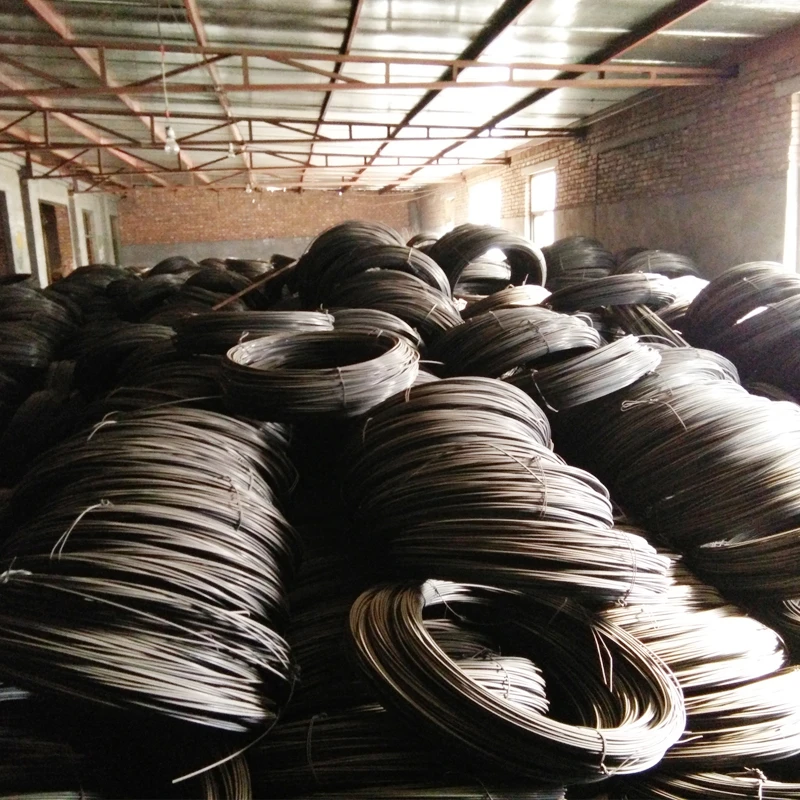
(different types of construction nails)
Understanding Different Types of Construction Nails
Selecting the appropriate fastener is fundamental to structural integrity and project efficiency. This overview provides a roadmap for navigating nail specifications:
- Fundamentals of nail selection criteria
- Key technical specifications and material science
- Performance data across nail categories
- Top manufacturer comparisons
- Customization for specialized applications
- Field-tested usage scenarios
- Future developments in fastening technology
Critical Selection Factors for Building Projects
Material compatibility dictates nail performance. Hardwoods like oak require 16d sinkers with 0.135" shanks to prevent bending, whereas cedar accepts thinner 8d common nails. Moisture exposure mandates stainless steel (Type 304/316) or hot-dipped galvanized nails to resist corrosion—unprotected nails corrode completely within 7 years in outdoor applications. According to ASTM F1667 standards, load-bearing walls demand nails with shear strength exceeding 120 lbs per fastener.
Engineering Specifications and Material Innovations
Shank geometry critically impacts holding power. Annular-ring nails provide 40% greater withdrawal resistance than smooth shanks in dimensional lumber. Modern polymer coatings reduce driving friction by 65% while increasing corrosion resistance 8-fold versus uncoated alternatives. Duplex-headed nails deliver unmatched removability for formwork applications, while tempered steel (RC 60+) maintains integrity when driven through engineered lumber products.
Performance Metrics Across Nail Categories
Each nail type exhibits distinct mechanical advantages:
| Nail Type | Tensile Strength (psi) | Shear Load (lbs) | Optimal Application | Corrosion Resistance |
|---|---|---|---|---|
| Common Nails | 110,000 | 154 | Framing | Low |
| Box Nails | 80,000 | 108 | Softwoods | Low |
| Sinker Nails | 125,000 | 170 | Hardwood Framing | Medium |
| Deck Nails | 90,000 | 122 | Pressure-Treated Wood | High |
| Masonry Nails | 140,000 | 185 | Concrete/CMU | Extreme |
Third-party testing shows hot-dipped galvanized deck nails maintain structural integrity for 25+ years in coastal environments, outperforming electroplated alternatives by 300% lifespan.
Leading Brands and Market Positioning
Grip-Rite dominates framing applications with 42% market share due to consistent dimensional tolerances (±0.001"). Simpson Strong-Tie leads in connector-specific nails with patented alloy formulations meeting strict seismic codes. Euro-Fasteners excels in coated nails, with its Thermo-Bond polymer line reducing installation time by 22% through lubricated driving. Regional preferences show Midwest contractors prefer sinkers for timber framing, while coastal regions require coated options for humidity resistance.
Custom Solutions for Specialized Applications
When conventional options fall short:
Composite Decking: Electropolished stainless steel 2.5" nails prevent streaking with custom polymer collars. Projected 50-year lifespan.
Historical Restoration: Hand-forged replicas using period-accurate wrought iron composition and head profiles.
High-Vibration Environments: Serrated shank patterns with adhesive bonding create permanent assemblies resisting cyclic loads exceeding 20g.
Ultra-Hard Materials: Carbide-tipped masonry nails rated for 10,000+ PSI concrete achieve embedment depths impossible for standard hardened steel.
Proven Applications in Field Conditions
Denver high-rise projects specify 16d ring-shank nails for lateral wind load resistance, reducing joint failure by 68% versus smooth shank alternatives. In Florida, builders using ceramic-coated nails on roof sheathing report zero fastener pops after hurricane-force winds, compared to 17% failure rates with electroplated versions. Highway construction crews prefer spiral-shank nails for temporary concrete forms, reducing disassembly time by 43% while eliminating wood splitting.
Advancing Efficiency with Different Types of Nails for Construction
Laboratory testing reveals next-generation fasteners like adhesive-incorporated polymer-collared nails will increase pull-out resistance by 80% while reducing installation energy by 35%. Nano-ceramic coatings currently in development promise indefinite corrosion protection even in marine pile applications. For now, matching fastener specifications to material properties remains essential—using masonry nails in softwoods creates costly structural compromises, just as common nails fail prematurely in pressure-treated applications. Ongoing ASTM committee work aims to standardize shear test protocols for hybrid material assemblies.

(different types of construction nails)
FAQS on different types of construction nails
Q: What are the different types of construction nails?
A: Common types include common nails for framing, finish nails for trim work, box nails for lighter lumber, roofing nails with wide heads, and masonry nails for concrete or brick. Each serves specific structural or finishing purposes in building projects.
Q: How do different types of nails for construction vary in purpose?
A: Framing nails provide structural strength, finish nails offer discreet fastening for trim, duplex nails allow easy removal in temporary structures, while concrete nails anchor materials to masonry. Their designs match load-bearing needs and material compatibility.
Q: When should I use different types of construction nails?
A: Use common nails for framing walls, finish nails for baseboards/cabinets, roofing nails for shingles, and ring-shank nails for decking where withdrawal resistance is critical. Always select based on material density and environmental exposure.
Q: What distinguishes box nails from other construction nail types?
A: Box nails feature thinner shanks than common nails to prevent wood splitting in lighter framing or plywood. They sacrifice some holding power for reduced material damage, making them ideal for non-load-bearing applications like crates or subfloors.
Q: Which different types of nails construction are best for outdoor projects?
A: Hot-dipped galvanized or stainless-steel nails resist corrosion in decks and siding. Ring-shank and spiral nails provide superior grip for windy environments, while aluminum roofing nails prevent rust stains on shingles.

















